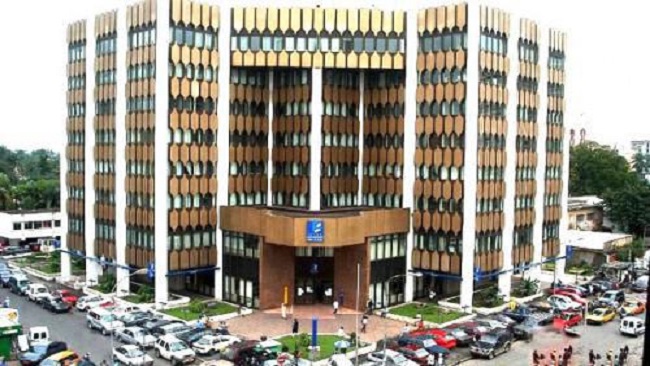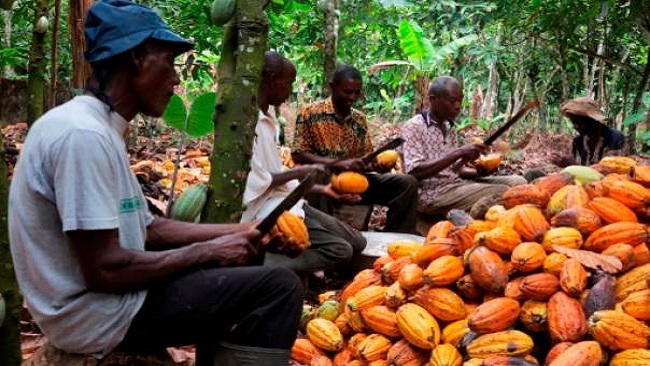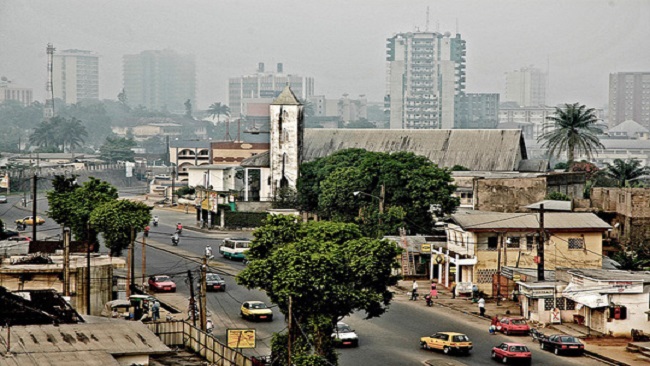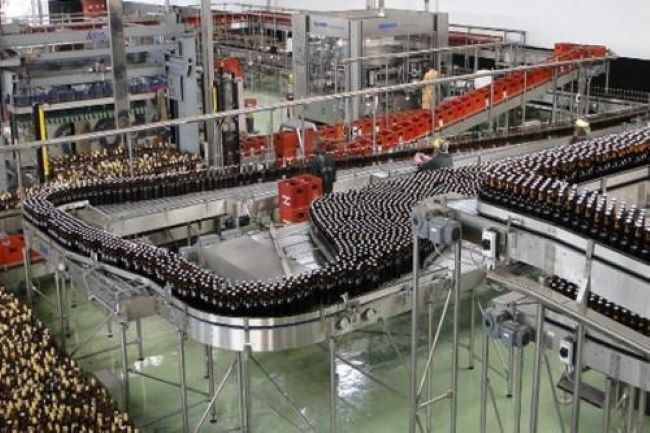8, May 2024
il y avait quoi avant: Camair-Co continues to buckle under debt pile 0
Camair-Co continues to face a debt burden of XAF124 billion Central African francs (USD203.7 million), making it the second most indebted state-owned enterprise in Cameroon, according to the country’s latest monthly public debt review.
Released on April 25, the report by Cameroon’s public debt management committee (Comité National de la Dette Publique – CNDP) and national debt recovery fund (Caisse Autonome d’Amortissement – CAA), viewed by ch-aviation, reveals that Camair-Co carried XAF62.4 billion (USD102.5 million) in domestic debt and XAF61.6 billion (USD101.2 million) in external debt by March 31, 2024. The highest debt, of XAF652 billion (USD1 billion), is shouldered by national oil refinery Société Nationale de Raffinage (Sonara).
Unprofitable since its incorporation in 2006, the technically bankrupt national carrier was among four state-owned enterprises that were placed under performance contracts in 2023 as part of government efforts to improve the viability of public enterprises under the supervision of the International Monetary Fund (IMF). The government of Cameroon is currently implementing a USD689.5 million Economic and Financial Programme for 2021-2024 supported by the IMF’s Extended Credit Facility (ECF) and Extended Fund Facility (EFF).
The financial strain on the fiscus has led to discussions of privatisation. The possibility of listing Camair-Co was mentioned in a report last year by a technical committee tasked with rehabilitating state-owned enterprises (SOEs). In 2020, President Paul Biya instructed the government to develop a restructuring plan to revive the carrier and sell 51% to a strategic private investor. However, the state-run enterprises rehabilitation commission (Commission Technique de Réhabilitation des Entreprises du Secteur Public – CTR) emphasised that before any divestment Camair must clean up its balance sheet and improve its financial standing. Efforts to address this include a restructuring and revitalisation plan, supported by the presidency since September 2020.
Meanwhile, the airline is wet-leasing three Embraer jets to resume regional routes later this month, to Cotonou Cadjehoun in Benin and Pointe Noire and Brazzaville in Congo.
Source: ch-aviation


























14, May 2024
CPDM Crime Syndicate: Customs Targets 75% of Revenue from Douala and Kribi Ports 0
The Directorate General of Customs (DGD) within the Ministry of Finance (Minfi) aims to collect over CFA92 billion in revenue for the Treasury in May 2024. The largest contributions are anticipated from the customs sectors of Littoral I and South II, covering the ports of Douala and Kribi, respectively.
Specifically, the customs services in the Littoral I sector have been tasked with collecting CFA58.9 billion, representing over 50% of the total expected revenue. Meanwhile, the South II sector has a collection target of CFA23.3 billion, less than half of what is expected from Littoral I, amounting to a 73.3% collection goal.
Following these major contributors, the third highest revenue, amounting to CFA4.7 billion, is anticipated from the Southwest region. The smallest contribution (CFA18.7 million) is assigned to the Northwest region, which, like the Southwest, has been grappling with a socio-political crisis since late 2016.
Despite the increasing tariff dismantlement in line with the implementation of Economic Partnership Agreements (EPAs) with the European Union (EU), Cameroon’s customs revenues surpassed 1 trillion CFA francs for the first time in 2023, reaching CFA1,019.8 billion by the end of the fiscal year.
In 2024, Cameroon aims for revenues of CFA1,079.9 billion, marking a 10% increase from the previous year’s projections.
Source: Business in Cameroon